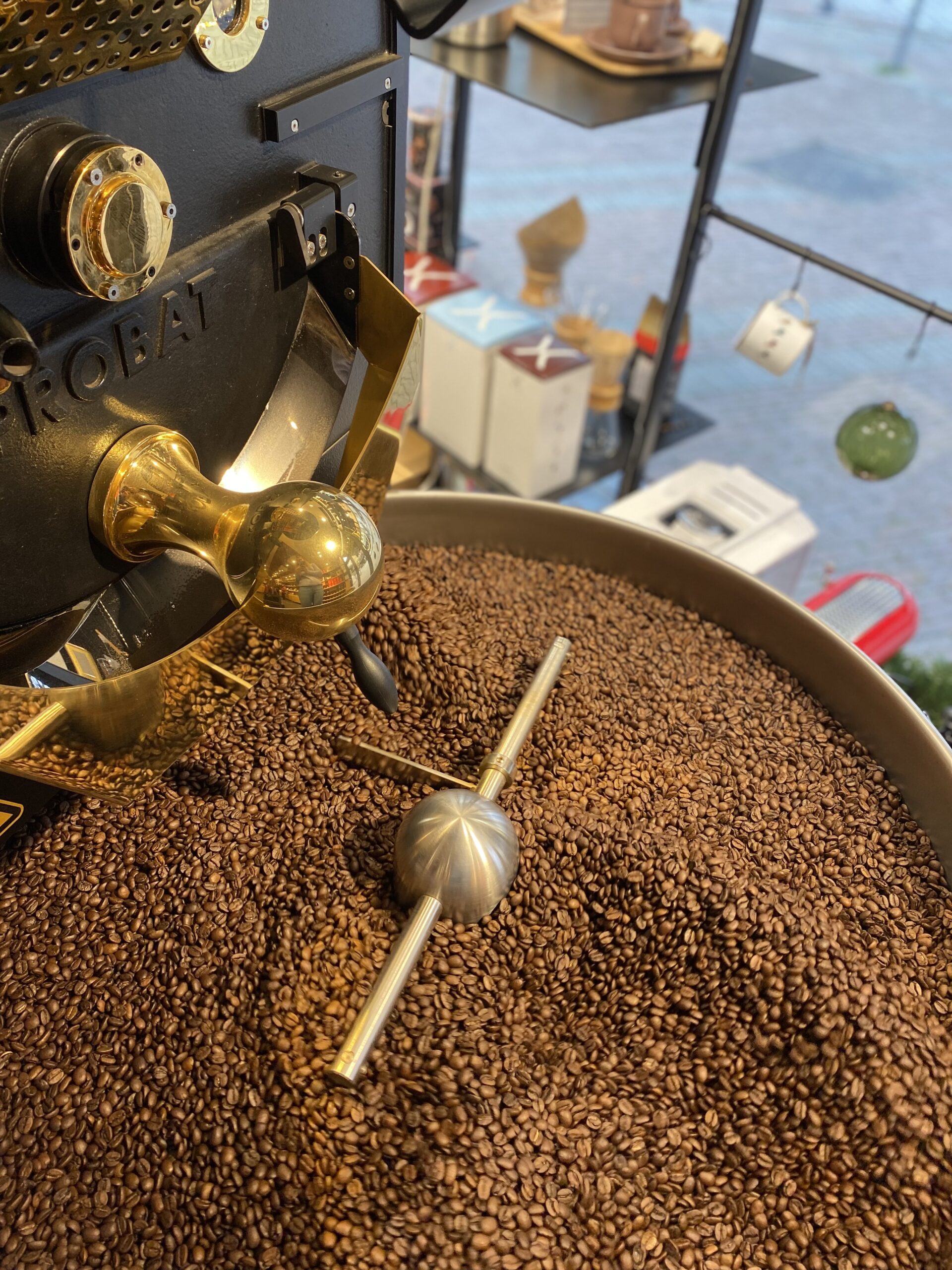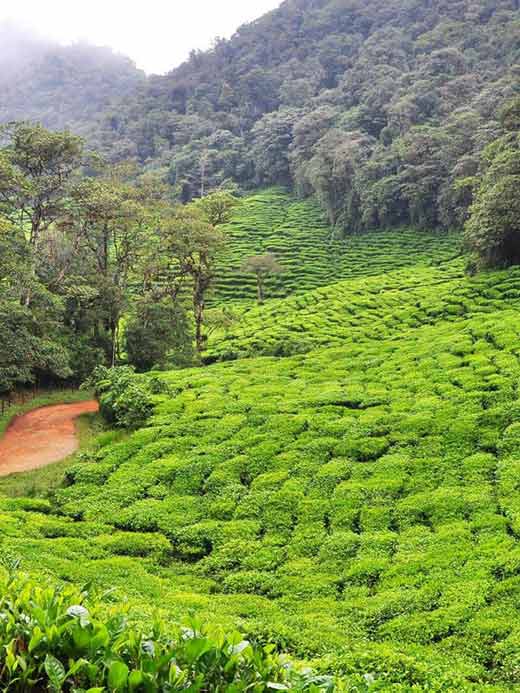Introduction
Specialty coffee isn't just a drink, it's an experience. A cup of coffee has a story to tell. It's a journey, one that begins on coffee farms around the world and ends in your cup.
But what really distinguishes specialty coffee from other types of coffee? Follow us on this fascinating journey.
What is specialty coffee?
Invented in the 1970s, "specialty coffee" refers to coffee of the highest quality, grown under specific conditions and processed with the utmost care. But it's not just about quality. It's also about sustainability, traceability and respect for the environment and the people involved in its production.
Definition
According to the Specialty Coffee Association (SCA), specialty coffee is coffee that has scored 80 points or more on a 100-point scale by a certified taster or accredited Q Grader. It is an exceptional coffee, grown in optimal conditions, harvested at the right time and processed with care to extract the best flavours.
What criteria define a specialty coffee?
- Origin: specialty coffee must come from a specific region known for the quality of its coffee.
- Altitude: the density of coffee beans increases with altitude, which can influence the aromatic profile of the coffee.
- Variety: some coffee varieties are more qualitative than others.
- Harvesting period: The quality of a coffee's aroma may diminish after one year's harvesting, depending on the preservation methods used.
- Processing: can influence the aromatic profile of coffee beans after harvesting.
- Roasting: a good roast can enhance the coffee's natural aromas without masking its flavor.
The history of specialty coffee
Its history is fascinating, and goes back much further than you might think!
In the 1970s, the term was used for the very first time in the United States. It was in American "Coffee Shops" that this exceptional coffee began to develop, before arriving in Europe in the 1980s. Over time, it has evolved significantly. Thanks to improvements in farming, roasting and preparation technologies, it has become accessible to the delight of coffee lovers the world over. More and more people are seeking out and enjoying high-quality coffees.
The production process for specialty coffee
Producing specialty coffee is a complex process that requires special care and attention at every stage.
- Cultivation: it starts with choosing the best coffee varieties. We choose coffees grown in specific regions known for their fertile soil and ideal climate.
- Harvesting: this is a crucial stage. The coffee cherries are hand-picked at the precise moment they reach optimum ripeness.
- Processing: the harvested coffee cherries are processed and the beans extracted. This process is carried out with great care and attention to detail, to avoid damaging the beans.
- Roasting: this transforms the green coffee beans into dark brown coffee beans. This stage is crucial, allowing the aromas and flavors to develop and be released.
The crucial role of the roaster
The roaster plays a crucial role in the production of specialty coffee. It is the roaster who determines the coffee's roasting profile. Roasting will therefore have a direct impact on the aromas and flavors you'll enjoy in your cup.
Roasting is a true art, requiring great expertise. The roaster must find the right balance between his professional "touch" and the coffee's natural aromas, which he must sublimate.
There is a certification for roasters, set up by the Roasters' Guild, which guarantees training in preserving and revealing the full potential of the specialty coffee bean.
Tasting specialty coffee
Tasting specialty coffee is an experience in itself. It allows you to appreciate the nuances of taste and aroma that make this exceptional coffee so special. When tasting a specialty coffee, you'll discover a palette of flavors and aromas far richer and more complex than that of an ordinary coffee.
The price of specialty coffee
Generally higher than that of ordinary cafés. But why? By its superior quality, but also by the care and attention given to every stage of its production.
Specialty coffee is an off-market product. Farmers sell their produce directly to roasters, exporters or importers.
The price of specialty coffee can fluctuate according to supply and demand, as well as factors such as global warming, coffee-plant diseases and political instability in certain producing regions.
Specialty coffee and sustainability
It is recognized not only for its superior quality, but also for its commitment to sustainability. That's why the production of specialty coffee takes into account respect for the environment. Specialty coffee producers strive to use cultivation methods that preserve biodiversity and soil health.
In addition to respect for the environment, specialty coffee also emphasizes respect for the people involved in its production. Producers strive to ensure decent working conditions and fair remuneration for coffee workers.
Cafés Van Hove and specialty coffee
We at Cafés Van Hove are proud to offer you a selection of the highest quality specialty coffees. We work closely with coffee growers to ensure the quality, traceability and sustainability of our coffees.
Our entire team is committed to promoting sustainable production practices with our coffee growers.
Conclusion
Specialty coffee is much more than just a drink! It's a journey, a journey that begins in the world's coffee plantations and ends in your cup. It's a sensory experience, a moment of pleasure, a commitment to quality, traceability and sustainability. So enjoy your next cup of specialty coffee. Think of all the care, attention and love invested in each coffee bean. And savor every sip!



